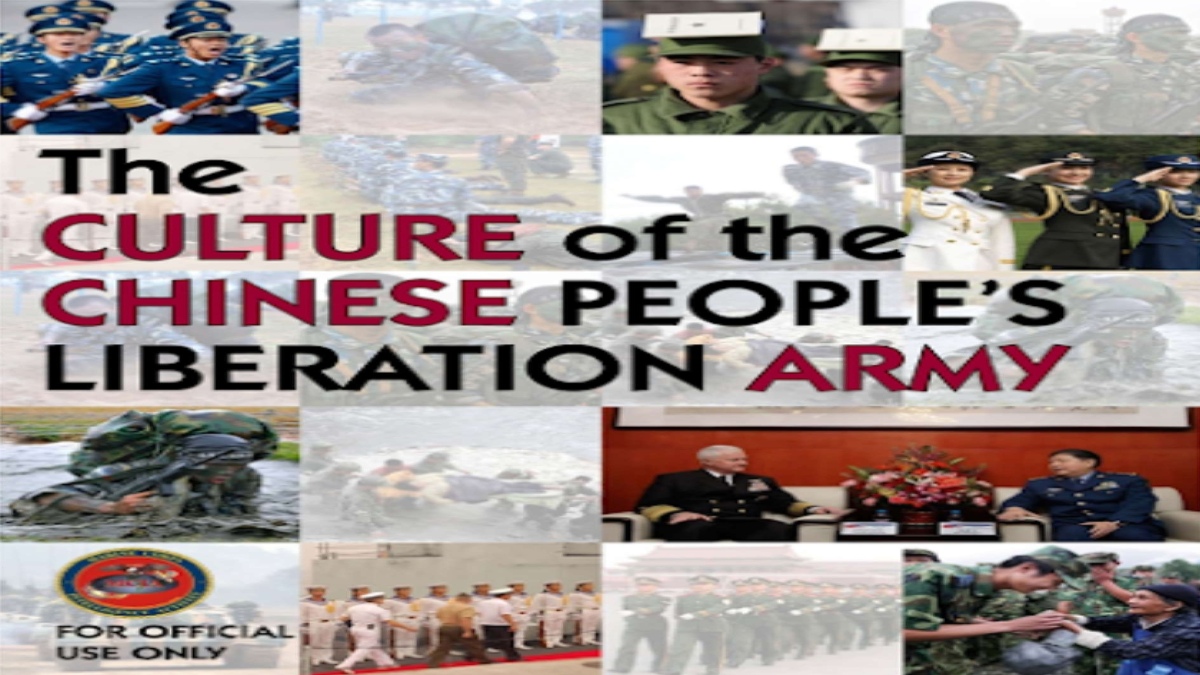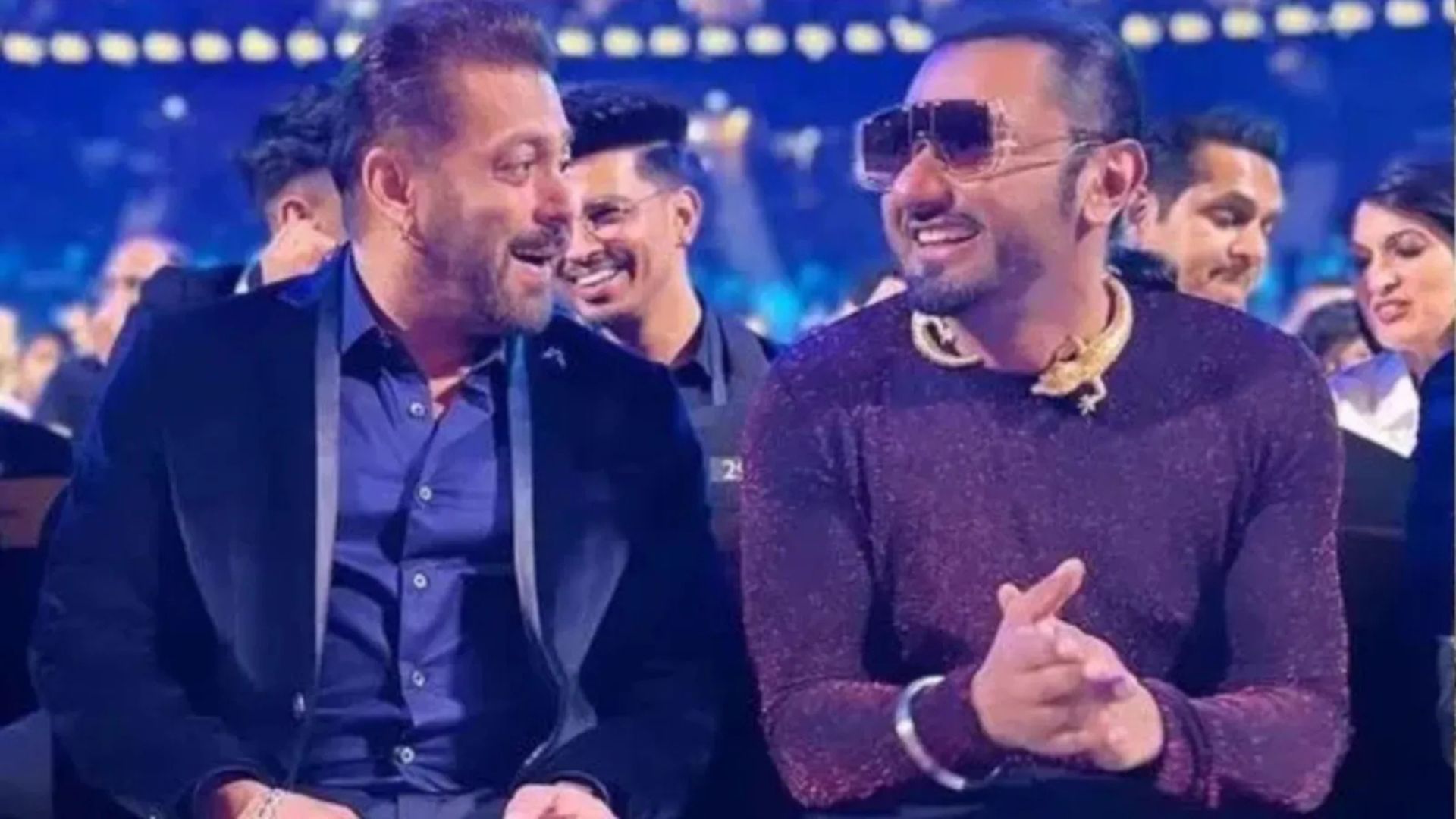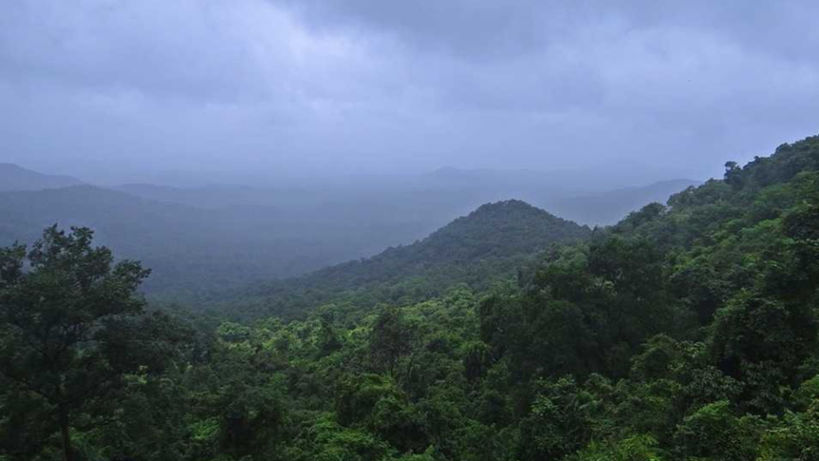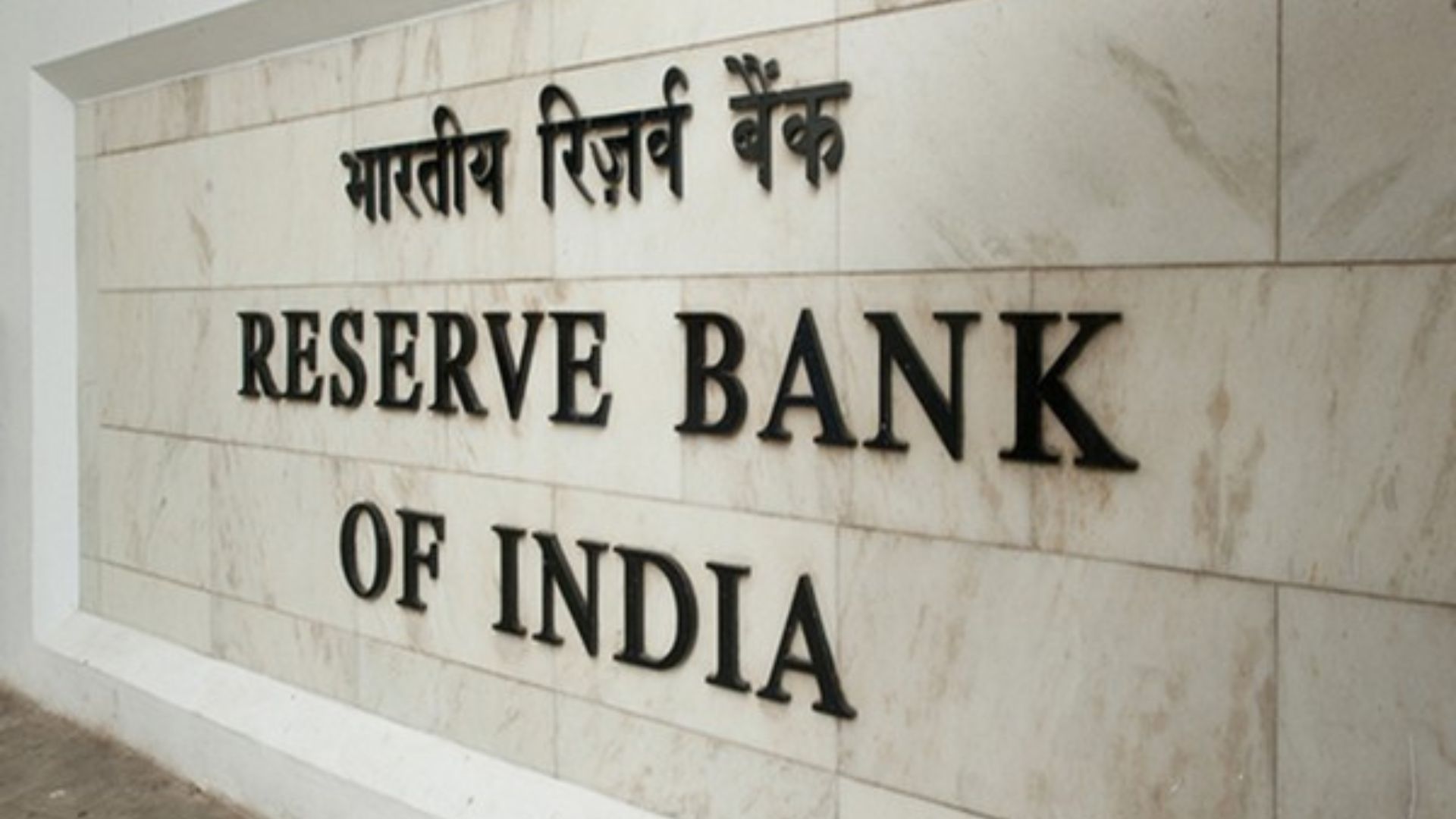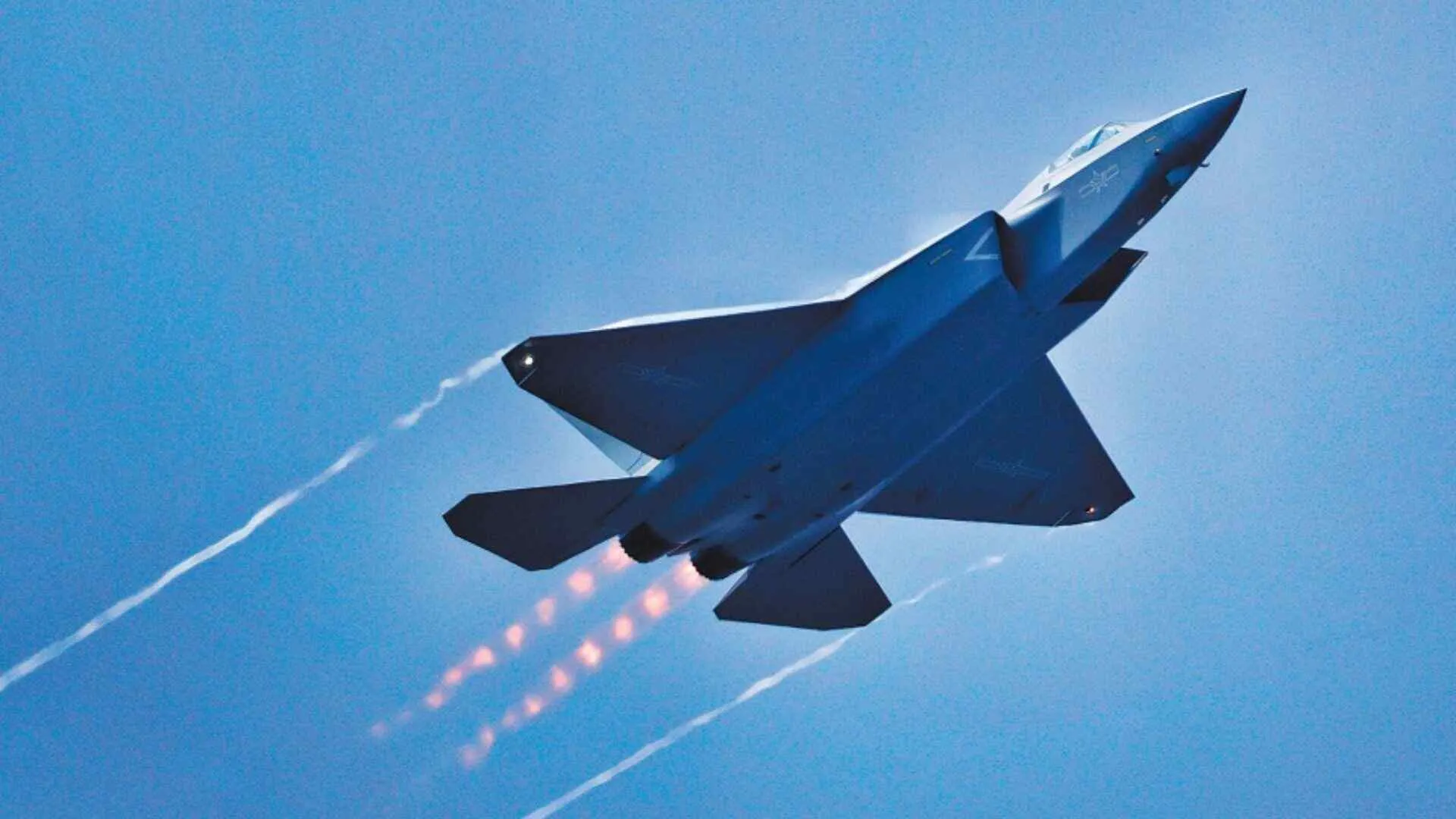The Sino-Indian face-off has recessed from an eyeball-to-eyeball confrontation to a military stalemate. However, the issue remains unresolved since the bulk of forces are still there. India cannot trust China one bit. Reflag-ration of hostilities cannot be ruled out. While the military stalemate can be construed as a victory, India should be prepared to confront the PLA again. When that happens, PLA should get more than a bloody nose. Many will think that I am putting my foot in the mouth. However, if we fight smart, we should be able to forcibly tuck their tails between their legs. Fighting smart is all about focusing on weaknesses. The PLA is a well-equipped Army, with global ambitions operating with better infrastructure. Taking it head on is foolish. Matching it shoulder to shoulder or getting involved in head butting is the worst option. In one simple sentence—pitch our strengths against PLA weaknesses. Some weaknesses were exhibited during the faceoff, some were lying dormant awaiting exposure, some were camouflaged by Chinese propaganda and halo building.


THE QEDS OF THE FACE-OFF
The face-off has revealed a few things. The PLA is under-par in the Himalayas and the IOR. Next. The space for conventional action between nuclear powers is extremely limited and thresholds low. Examine Kargil, Surgical Strikes of 2016, Balakot, Doklam and Eastern Ladakh. As much as there has been violence and belligerence from both sides, war avoidance was the name of the game. Thresholds were deliberately kept low in the garb of being responsible nations. Project this trend line into the future. Confrontation, conflicts and wars with China are most likely to be localised, small scale, sharp manoeuvres and encounters to gain military and political ascendancy. Hitherto fore, PLA donned a halo of invincibility, which was rudely broken in Eastern Ladakh. The comprehensive strength of a nation is or the capability of its armed forces does not matter. What matters is the ability to fight in a set of given conditions. Victory or defeat still depends upon the man on ground. The Russians, Americans, French, Chinese and we ourselves have been taught this lesson rudely by the Mujahideen, Taliban, Vietcong and LTTE. We should never ever forget such basics in the hubris of modernisation and technology. Lastly, care should be taken when transposing lessons from the Gulf Wars and the recent Azerbaijan-Armenia conflict on to a Sino- Indian or a Indo-Pak scenario. They were conflicts between unequal opponents in a non-nuclear setting.
THE PLA
There is no doubt in my mind that the PLA is a well-equipped, well-trained, well-disciplined and an aggressive force. It has demonstrated tremendous capability to mobilise and achieve the first mover advantage. It is fully backed by a well-oiled state machinery which is ambitious and responsive. Where are the chinks in this armoury, which we can exploit?
TERRAIN
A Sino-Indian military confrontation will invariably be in high altitudes. The evidence as it is emerging is that PLA does not adopt well to that terrain. It is one thing to acclimatise in High altitude and another thing to fight there. The PLA has not acquitted itself well on both counts. The PLA appears to be road/track bound and not capable of manoeuvre. Mountains offer scope for tremendous manoeuvre. If occupying Kailash Range heights from within own territory can spook the PLA, imagine their consternation if key heights are occupied in their rear by infiltration. Further , the Himalayan terrain is dual toned. While the Tibetan side is relatively flat and easy, the Indian side is craggy, tough and inhospitable. The required skill sets are different. The PLA has demonstrated that it does not yet have the skill sets to operate on our side which requires a hardiness of the old kind.
TIBETAN DEMOGRAPHY
The Tibetan demography remains a major weakness for the PLA. Despite a lot of publicity and effort at Han-isation of Tibet, the Hans remain only between 5-10% of the population.These are in major population centres and constitute government officials, project workers and PLA. Most of them are transients and not permanent to Tibet. Across the LAC there is almost no Han settlement. PLA is in alien land with very less local rooting. While a lot is being made that a Tibetan uprising is no more possible, an incipient insurgency remains on the cards. Adequate local support can be generated. We do not need a mass uprising. We need to develop the Second WW ‘Resistance’ kind of capability enough to force the PLA into a 360-degree warfare in their rear areas. Make PLA hunt for ghosts in the rear.
IOR
The PLA does not have bases to operate in the IOR. Bases are not merely ports with refuelling facilities. Bases imply maintenance, refit, repair, victualising, stationing of troops, ammunition stocking, and security of air, land and sea forces. Without these facilities, the PLA will be in no position to dominate the IOR. At present, the only base from where PLA can operate is Karachi, after Pakistan is arm-twisted. Gwadar is far away from being a base. If we can ‘deny’ bases to PLA through geo-strategic moves, we will be in good space.
CHINESE DEMOGRAPHY
Mao believed that “a contest of strength is not only a contest of military and economic power, but also a contest of human power and morale”. In this context the outcomes of the one-child policy need focus. Today any one above fifty in the PLA will invariably be a single child—presumably brigade commanders and below. At least 70-80% of PLA soldiers are from one-child families including combat troops. The single child ‘Little Emperors’ are described as spoilt, selfish and often not tough enough to withstand military discipline. They also lack human qualities, hurt readiness and cohesion. Further, ‘single child’ soldiers have huge dependencies—grandparents, parents and child. Hence fearlessness, sacrifice, loss of life and limb is suspect. The ‘single child’ leadership will also be risk and causality averse. Poor teams with poor leaders make for fragility at unit level! PLA publications suggest that leaders remain somewhat stymied about how to inculcate the younger generation with PLA values. This is not a flaw but a schism waiting to be exploited—psychologically and physically. If Steve Waugh and the Oz could mentally ‘disintegrate’ opponents on a cricket pitch, so can we on the battle field. PLAs inability to absorb casualties and recuperate from them has been demonstrated internationally. Read the Wall Street Journal article titled “China Discovers the Price of Global Power: Soldiers Returning in Caskets”. Also, in the Galwan clash, India declared twenty casualties. Whereas China has declared only four so far. If they had only four casualties as claimed, China would have declared victory and would never have gone back from Galwan. The body language, tone and tenor of PLA changed after the Galwan clash. Very clearly, the shock of their casualties reverberated internally. Targeting the ‘human power and morale’ will pay handsome dividends.
INDOCTRINATION
A major part of ‘human power and morale’ of PLA stems from indoctrination as a political organ of CCP. PLA indoctrinates soldiers with the idea that it has won every war it has fought, even when ranged against much larger and more advanced adversaries. This indoctrinated propagandist halo serves to instil fear/coerce enemies as also to build a sense of invincibility within the country, organisation and individual. Such political indoctrination takes time and space away from military training. A soldier as any human can absorb only that much. The average PLA soldier will be suboptimal and brittle in this bipolar environment. The steadiness of a soldier in battle and under fire is suspect. This is compounded by the fact the PLA lacks battle experience and is often said to have the ‘peace disease’. PLA training is also prone to fudging and there is also mention of ‘micro corruption’ at unit level. This finds mention in the National White Paper on Défense 2019 too. Indoctrination and propaganda of the PLA kind should be made self-defeating.
LEADERSHIP IN MULTIPLE MISSIONS
The PLA has been assigned multiple missions and roles which include “resisting aggression” (mainly the US, India and Russia), “containing separatist forces” (in Xinjiang and Tibet and deterring Taiwan from declaring independence), “safeguarding border, coastal, and territorial air security” (from state or non-state threats), “projecting power” (safeguarding overseas assets and global dominance) and “protecting national security interests in space and cyberspace”. To this end, the Chinese have been carrying out unrestricted warfare in multiple domains. This concept, increasingly relies, on a hi-tech base along with modern weapon systems. This demands a high degree of decentralised directive control. Conflate this with the fact that PLA is a political tool with a dual-control system by political commissars and field commanders in a highly centralized-decision making environment where decision making, initiative and innovativeness at lower levels is compromised. There is a heavy incongruence emerging in their leadership.
EXTREME SKILL SETS
The PLA needs three skill sets of a very high order in mutually exclusive areas A. Amphibious landings to annex Taiwan in a cross-straits action (as large a scale and more complex than as the Normandy or Incheon landings) B. Ocean domination through an extensive set of bases with a blue water navy and C. Overcoming an experienced Indian Army in the Himalayan terrain. It does not appear that they have the skill sets, military leadership or the experience to succeed in these diverse circumstances. Hence they will be suboptimal everywhere. Any attempt at any one will imbalance them and open vulnerabilities for exploitation. Further as they go up the value chain of global responsibility, they will be exposed to hybrid warfare. Most questions will remain unanswered till they bleed and get experienced. Their performance under stress in UN missions has been patchy. They have stayed away from major humanitarian disasters. Recollect. The QUAD was formed from the Tsunami Core Group in which the Navies of India, Australia, Japan and USA cooperated and responded despite their countries being adversely affected. China stayed away from that. Indicates selfishness, cowardice or loner mentality?
MODERNISATION
The PLA has been on a modernisation spree since the past decade. This pace will speed up in the future. This has three effects. Any system in the process of such fast paced changes tends to be unstable. Neither fit with the old nor ready for the new. Secondly all these hi-tech marvels of modern warfare besides being untested in battle will have teething problems on induction. Take them into super high altitudes and they could be super duds. A major part of all hi-tech weapon systems is the demand they place on battle field resources and logistics. PLA publications also lament an inability to use new equipment properly because the PLA has been receiving so much new equipment in quick succession. The third aspect of modernisation and adopting hi-tech is the necessity of matching manpower. A conscript army which turns over 20 % of its force annually will have difficulty absorbing modernisation. If reports are to be believed (and I have no reason to disbelieve them), PLA has lowered physical standards of recruitment to increase technological levels i.e. lowered minimum height, raised maximum weight limit and even reduced eyesight standards for recruits. The PLA seems to be laying too much emphasis on technology. Such reliance on technology can be made counterproductive. For instance there is a lot of stress on winning wars under ‘informationised’ conditions. It takes my mind back to my senior command course when I was the Redland commander. The Blue land commanders sought information that I was obliged to give them as part of a simple and well-crafted deception plan. At the end of the exercise many Bluelanders looked foolish. The short point is if the PLA seeks information we must give it without disappointing them.
NEED OF THE HOUR
The Indian armed forces are well versed with Pakistan. However, that is not the case with PLA. We need to build adequate knowledge about PLA to defeat them. We do not understand PLA enough and as a result we have been overrating it. Extensive combat experience, military ethos combined with ingrained Indian cultural values of comradeship, sacrifice and steadfastness provide Indian Armed Forces with a great innate strength. Late Col Santosh Babu, MVC and his boys demonstrated it in Galwan. I am confident that there are about 1200 more Commanding Officers of our Armed Forces waiting to emulate him if and when the time comes. I have written this article for those Formation, Unit, Ship and Squadron commanders who will confront the PLA tomorrow. They need to sit with their sub unit commanders and staff to discuss in detail as to how to get better of the PLA in the next round in air , land or sea. It is possible that I might have missed something out or might be wrong in my assessment. I am open to correction based on individual or collective experience of anyone in the Indian Armed Forces or elsewhere. That experience could be empirical, studied or lived through. Please communicate it to me and I will upgrade this material. The Indian armed forces need to have a handy document on how to attack the enemy weaknesses. I do hope the armed forces disseminate this down to unit level to empower our soldiers to defeat the PLA.
Lt Gen P.R. Shankar was India’s DG Artillery. He is highly decorated and qualified with vast operational experience. He contributed significantly to the modernisation and indigenisation of Artillery. He is now a Professor in the Aerospace Dept of IIT Madras and is involved in applied research for defence technology. His other articles can be read on www.gunnersshot.com.

